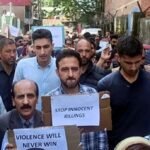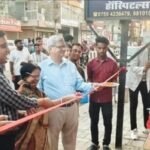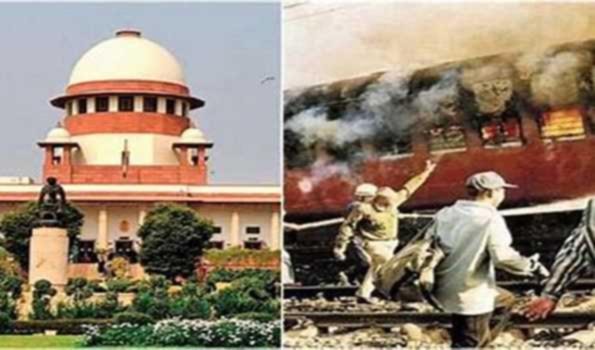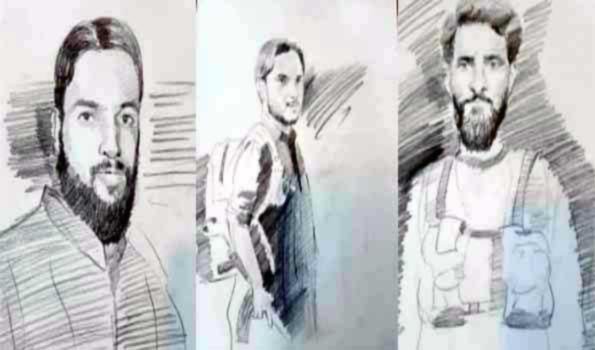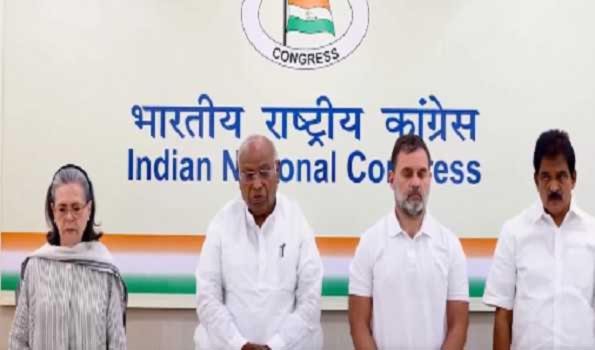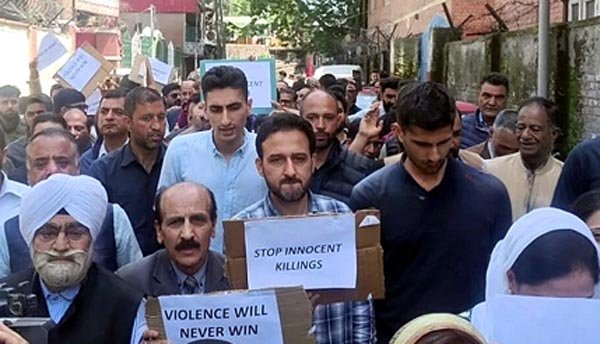New Delhi, Apr 24 (UNI) The Supreme Court on Thursday scheduled the final hearing of the 2018 criminal appeals in the 2002 Godhra train burning case for May 6 and 7, declaring that no other matters will be listed on those days.
A bench comprising justices J. Maheshwari and Aravind Kumar issued the order while hearing a series of appeals both by the convicts challenging their conviction, and by the State of Gujarat, which is seeking the death penalty for those whose sentences were commuted by the High Court.
Notably, the case has seen repeated adjournments, with the court previously expressing its displeasure over continuous deferments sought by the parties.
On this occasion, the matter was not taken up as the bench was scheduled to sit only until 1 p.m. The court instead engaged with senior advocate Sanjay Hegde, representing one of the convicts, to discuss a viable date for an uninterrupted hearing.
The bench then issued a formal directive.
“The case was opened by senior counsel Sanjay Hegde, and a compilation has been filed. Along with the said, heading-wise material is not attested. However, he undertakes to revise this compilation and supply all on or before May 3.”
The court said the counsel for accused persons may take guidance from the said compilation and may prepare their own compilations.
As stated by the counsel, the hearing of this matter is required at least for two weeks.
The court said, “First, we will take up this matter on May 6 and 7 continuously. We request the Registry to list the matter for final hearing both on May 6 and 7 and, on said dates, no other cases would be listed.”
The court also clarified that it would convene a three-judge bench on May 6. This aligns with arguments raised earlier by Hegde, who cited Mohd. Arif vs The Reg. Supreme Court Of India & Ors (2014), asserting that a death penalty appeal mandates a larger bench.
While some questions regarding remission were raised during the proceedings, the court reiterated its earlier stance that the power to grant remission lies with the state and is not part of the current judicial review.
The Godhra incident on February 27, 2002, led to the deaths of 58 people in a fire that engulfed the S-6 coach of the Sabarmati Express, which was carrying kar sevaks returning from Ayodhya. The tragedy sparked one of the most severe episodes of communal violence in Gujarat.
In March 2011, a trial court convicted 31 individuals, sentencing 11 to death and 20 to life imprisonment, while acquitting 63 others.
The Gujarat High Court in 2017 commuted the 11 death sentences to life terms and upheld the life sentences for the remaining 20.
The Supreme Court has since handled multiple bail applications.
In 2022, it granted interim bail to Abdul Raheman Dhantiya due to his wife’s terminal illness and his daughters’ mental health conditions, later extending his bail.
Similarly, in December 2022, it granted bail to convict Farook, who had already served 17 years and was found to be involved only in stone-pelting.
In April 2023, eight other life convicts were granted bail, while four were denied the same.
In August 2023, the court rejected bail for three convicts due to the specific roles they played in the incident.





